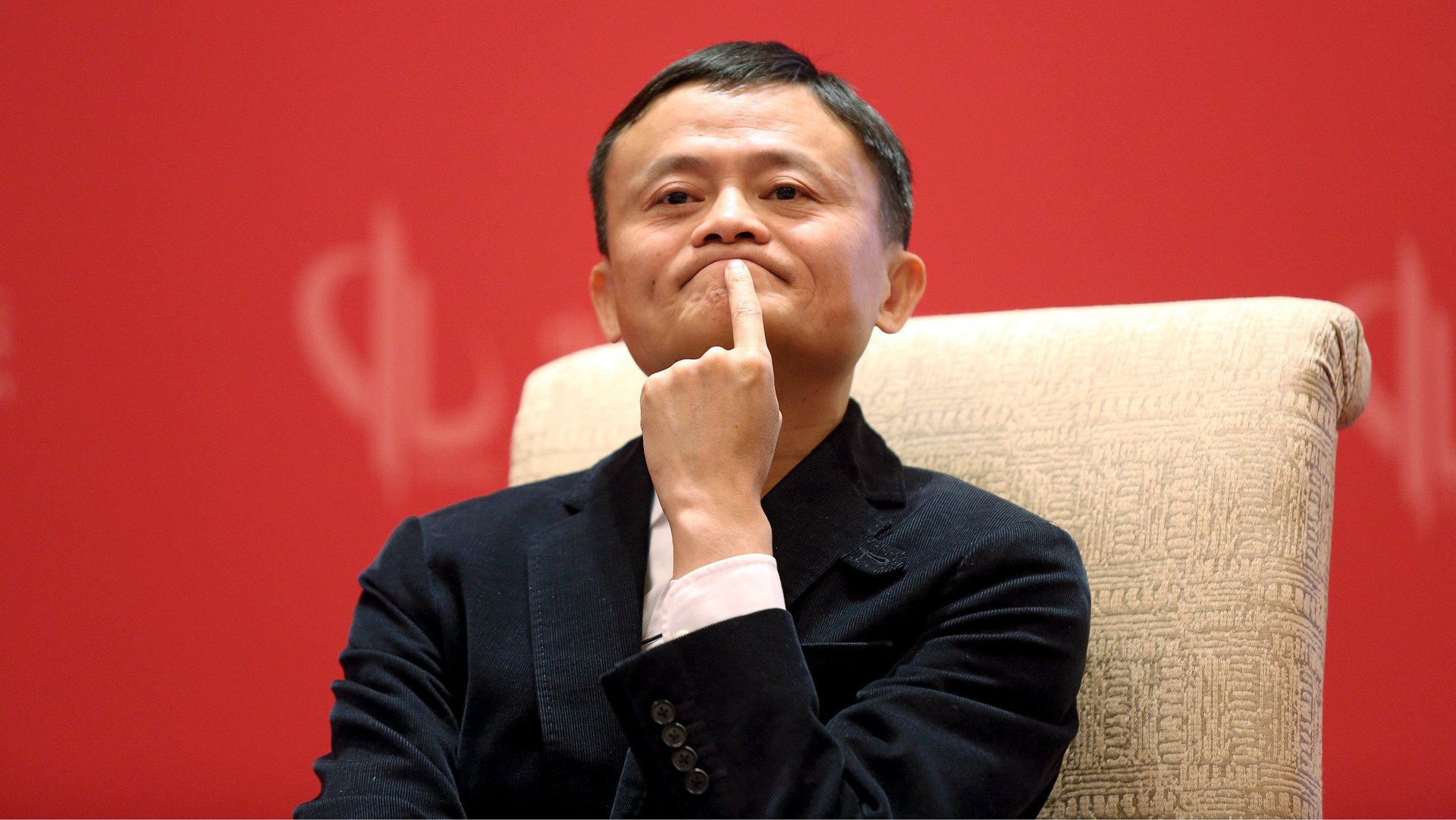Alibaba’s financial spinoff is now the world’s most valuable private internet company
Alipay’s owner Ant Financial said today (April 26) it closed a $4.5-billion funding round, which sources briefed on the discussions say values the company at a figure “very close to $60 billion.”


Alipay’s owner Ant Financial said today (April 26) it closed a $4.5-billion funding round, which sources briefed on the discussions say values the company at a figure “very close to $60 billion.”
That means Ant Financial, once a part of Chinese internet giant Alibaba behind the world’s largest IPO, is the world’s most valuable privately held internet company—at least for a little while.
Uber is in the midst of another funding round that was first reported in December, which is expected to value the US ride-sharing company at $62.5 billion.
The Chinese firm’s round was led by two separate groups of investors, one headed by Chinese sovereign wealth fund CIC, the other by a subsidiary of China Construction Bank, one of China’s state-owned banks.
Ant Financial owns Alipay, China’s most popular third-party payment software with over 175 million daily transactions. It also owns money-market fund Yu’ebao, loans provider Mybank, and Sesame Credit, a rudimentary credit scoring system.
The services are geared to China’s millions of consumers and small businesses, which have been traditionally under-served by state-owned banks. All of these products are deeply tied to Taobao and Tmall, the main e-commerce sites run by Alibaba.
The Chinese internet giant spun off Alipay in 2011 and renamed it Ant Financial in 2014. The companies describe themselves as separate, unaffiliated entities, but their ties remain strong. Alibaba founder Jack Ma has voting rights on Ant’s board. Ant Financial also shares 37.5% of its pre-tax profits with Alibaba, and if Ant Financial goes public, Alibaba earns the right to own 37.5% of Ant Financial’s equity (pdf, p. 117), provided Chinese regulators approve.
The $4.5 billion in funding is “the largest ever single private placement by an internet company globally,” Ant Financial said.
While funding has been drying up for US internet-based startups, and some investors are trimming their valuations of Silicon Valley unicorns, money has continued to flow into China’s largest internet companies.
In September 2015, Chinese Uber rival Didi Chuxing (often referred to as Didi Kuaidi) declared it had raised $3 billion, and said it was the highest-ever for a Chinese startup. In January this year, group buying site Meituan-Dianping said its own funding round of $3.3 billion was the largest-ever for a private internet company, both inside and outside of China.